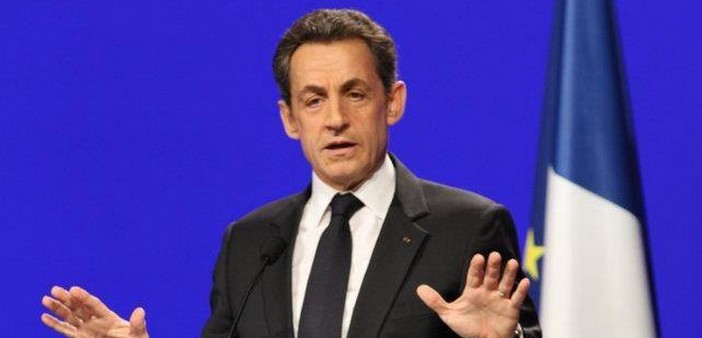During a recent television interview, Nicolas Sarkozy revisited his “fiscal counter-shock.” His new “mantra” is to promise tax breaks across all categories.
There is no better way to boost popularity because no one likes paying taxes. Some are allergic to them, others fall ill at the very thought.
However, it’s still necessary to balance the books, namely to fund public expenditures and repay the debt or, at least, pay the interest on it.
The strategy of boosting growth, reducing debt, and lowering unemployment is an attractive program, but if there were a miracle recipe, it would already be known.
Though economics is not an exact science, allowing everyone to express any opinion they like, it is still a serious science, which should prevent people from making baseless statements.
Nicolas Sarkozy does not seem to adhere to the “complex thought” theory proposed by Edgar Morin in “Science with Conscience” (1982). In fact, he prefers action over thought, and the results are evident.
At this stage, Sarkozy’s economic theories resemble mere conjectures without any doctrinal or empirical foundation. They could be classified as “freakonomics.”
More gravely, the candidate for the Republican primary does not utter a single word about a central issue in fiscal policy: tax evasion or expatriation, commonly practiced by numerous citizens and companies through clever arrangements commonly referred to as… tax optimization.
A broader tax base would certainly allow for varied rate modulation, a real tax reduction, and better control of the State’s budget.
Yet, not a single word has been heard on this subject.
Conclusion: His tax program is largely inapplicable, but Nicolas Sarkozy is selling illusion, dreams, nostalgia, glittering fantasies…
In politics, it’s known to be not only dangerous. It can turn into tragedy.
—
Some figures
Fraud, aside from being socially unacceptable, causes the State to lose billions of euros each year.
The figures, indeed, are impressive and represent a real challenge for public finances, especially during times of budgetary scarcity.
On the fiscal front, rectifications have never been higher: reaching 21.2 billion euros, compared to 19.3 billion in 2014.
On the social side, the amounts of detected fraud and adjustments are up by 17% compared to 2014, a year that had already set an unprecedented record of 860 million euros. They have surpassed the one billion mark.
Finally, the amount of adjustments for customs duties and taxes reached 377.4 million euros (+5.7% compared to 2014).
The improvement comes partly from adjustments on multinationals (the five largest cases represent 3.3 billion euros) and from increased revenues of the Service for Processing Corrective Declarations (STDR), set up in June 2013.


